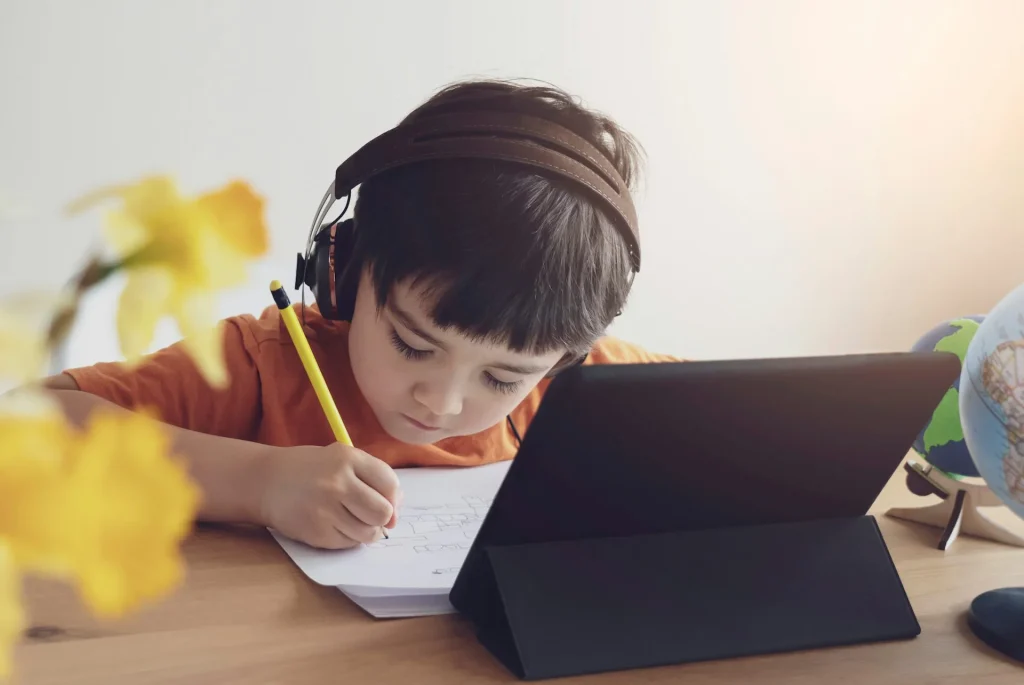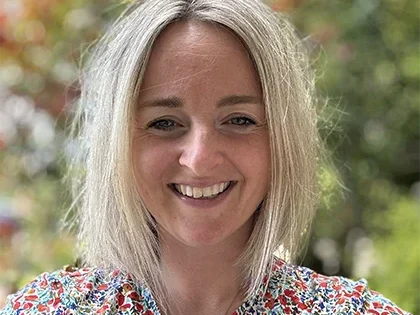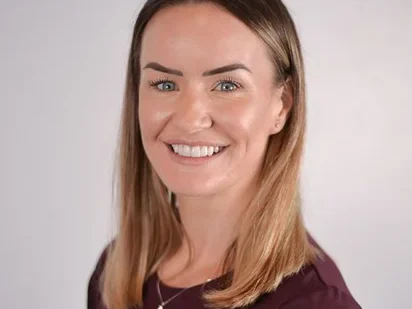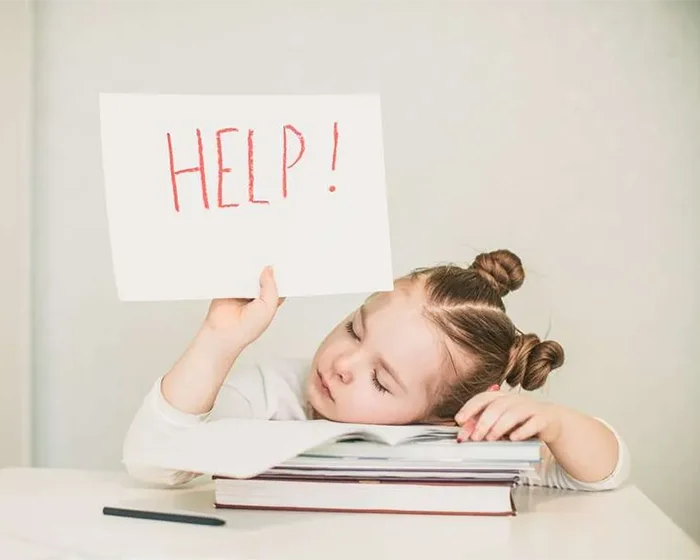
Safeguarding
At Aroa STET we regard the safeguarding of children and young people to be of great importance. The following leaflet provides a guide for parents and carers to summarise key information about safeguarding.
What is Safeguarding
We consider the safeguarding of children and young people to be our most important priority. Children and young people need to feel safe, cared for and valued in order to learn and thrive. At Aroa STET we follow the guidance set out in ‘Keeping Children Safe in Education’ 2018 which states that we must ensure to:
- Protect children from maltreatment
- Prevent the impairment of children’s health or development
- Ensure children grow up in safe and effective care
- Take action to ensure children achieve the best outcomes
To ensure the above guidelines are followed we take action to enable all children and young people to have the best outcomes through our safeguarding measures regardless of their age, culture, physical needs, gender, language, racial origin, religious beliefs and sexual identity. In order to do this we have clear procedures in place to ensure that disclosures or allegations are taken seriously, recorded correctly and investigated.
We follow guidance from NSPCC, they have a useful area for parents and children to access.

Who is Responsible for Safeguarding?
Everyone who comes into contact with children, young people and their families has a role to play in safeguarding children and young people. Mentors are made aware that any safeguarding issues need to be reported through the correct routes to the designated safeguarding leads.
When mentors are recruited, we follow the procedures set out in ‘Safer Recruitment Policy’. Also on-going safeguarding measures are in place for mentors (i.e. through training and DBS checks).
In addition, all staff have completed safeguarding training.
Where national issues come to the fore, staff training is put in place, for example around the PREVENT agenda or around online safety.
The following staff have received required Child Protection Training for Safeguarding Leads:

Mrs Sophie Duxbury
Team Manager
DESIGNATED SAFEGUARDING LEAD

Dr Leanne Short
Company Director
Educational Psychologist
DESIGNATED SAFEGUARDING LEAD
What are the Areas of Safeguarding?
- Child protection – ensuring that staff respond appropriately to any significant change in a child’s behaviour, report to the Designated Lead any unexplained bruising, marks or signs of possible abuse, any unexplained behaviour changes, any deterioration in a child’s well being, are trained to know signs of neglect and respond appropriately to comments children make that cause concern
- Training – ensuring that staff have access to quality training in aspects of safeguarding so they can recognise signs and symptoms of abuse and record/respond using the correct procedures
- Home Environment – ensuring we offer a safe environment for children and young people to thrive, completing risk assessments. Acting promptly on any concerns.
- Community Visits – completing risk assessments.
- Parents/carers/families – offering support through the DSL to ensure parents/carers are aware of our safeguarding policies and procedures.

Links with External Agencies
Below are some of the links we have with external agencies:
- Early Help Panel
- Education Social Work Team
- Educational Psychology Team
- CAMHS (Child and Adult Mental Health Service)
- Behaviour Support Service
- Social Services
- Family support workers
- Parent Support Advisor
- Health practitioners
- Special Educational Needs and Disability Team
Should you need more information about services available in your local authority see below visit your local authority safeguarding website.
Some more useful links for support and guidance:
Sharing of Information
We are required to have information from parents/carers prior to a child and young person joining our service, this forms part of the individual risk assessments.
This includes:
- Information about who has legal contact with the child and who has parental responsibility
- Any special health requirements for the child
- Information relating to food i.e. dietary requirements and food allergies
- Emergency contact numbers (updated as required throughout the child’s time at school)
We follow the Data Protection principles. Information regarding children and young people is stored safely and securely and it is only shared with professionals permitted to have it.


Reporting Concerns
We endeavour to provide the very best service for children, young people and their families. To help us provide this we require feedback. This can be achieved through mechanisms we offer e.g. feedback forms we send to parents/carers, through emails and telephone conversations.
In line with our policy, discussion of a concern would be shared with the DSL, if that does not provide a resolution, the DSL may contact the relevant local authority or other professionals that support the child or young person.
If you would like more information on safeguarding, please contact sophie@aroastet.co.uk.
